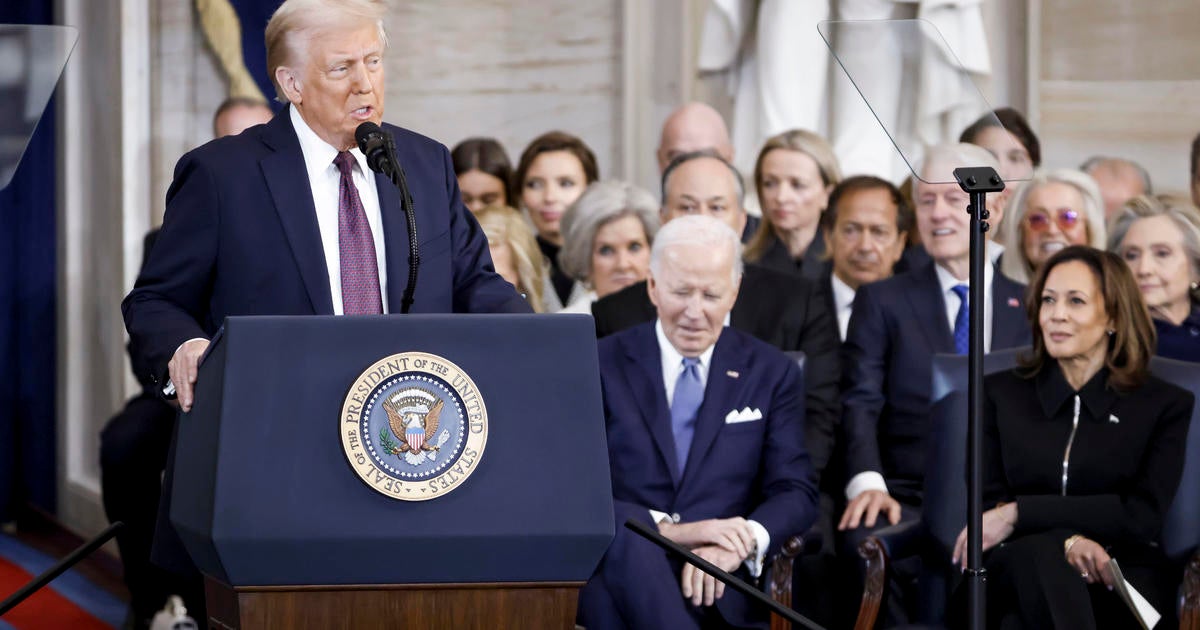As part of a flurry of executive orders on President Trump’s first day in office, the incoming president announced that he plans to rename the Gulf of Mexico as the Gulf of America and change the name of Denali back to Mount McKinley.
“America will reclaim its rightful place as the greatest, most powerful, most respected nation on earth inspiring the awe, admiration of the entire world,” Mr. Trump said in his inauguration speech. “A short time from now, we will be changing the name of the Gulf of Mexico to the Gulf of America and we will be restoring the name of a great president, William McKinley, to Mount McKinley, where it should be and where it belongs.”
During the transition, Mr. Trump had vowed to rename the Gulf of Mexico the Gulf of America. Rep. Marjorie Taylor Greene said last week that she would direct her staff to draft legislation for the renaming that would make it effective on federal maps and administrative policy.
While the name change could be applied for federal references, other nations would have no obligation to follow suit.
In 2015, then-President Barack Obama officially renamed Alaska’s Mount McKinley, the nation’s highest peak, as Denali, the traditional Native Alaskan name. It had long informally been known in Alaska as Denali, despite the official federal designation being Mount McKinley.
Can Trump rename the Gulf of Mexico?
The International Hydrographic Organization works to ensure all the world’s seas, oceans and navigable waters are surveyed and charted uniformly, and also names some of them, according to the Associated Press. The U.S. and Mexico are both members of that organization.
Who owns the Gulf of Mexico?
In announcing plans for legislation to rename the Gulf of Mexico, Greene said “it’s our gulf. The rightful name is the Gulf of America and it’s what the entire world should refer to it as.”
But according to the U.S. State Department, the maritime border in the Gulf of Mexico between the U.S. and Mexico begins at the center of the mouth of the Rio Grande, wherever it may be located, and runs in a fixed line.
For the most part, the U.S. has maritime jurisdiction over its portion of the Gulf of Mexico while Mexico has jurisdiction over its portion.
The Submerged Lands Act (SLA) of 1953 grants individual States rights to the natural resources of submerged lands from the coastline to no more than 3 nautical miles into the Atlantic, Pacific, the Arctic Oceans, and the Gulf of Mexico, according to the Bureau of Ocean Energy Management. The only exceptions are Texas and the west coast of Florida, where State jurisdiction extends from the coastline to no more than 3 marine leagues into the Gulf of Mexico.

